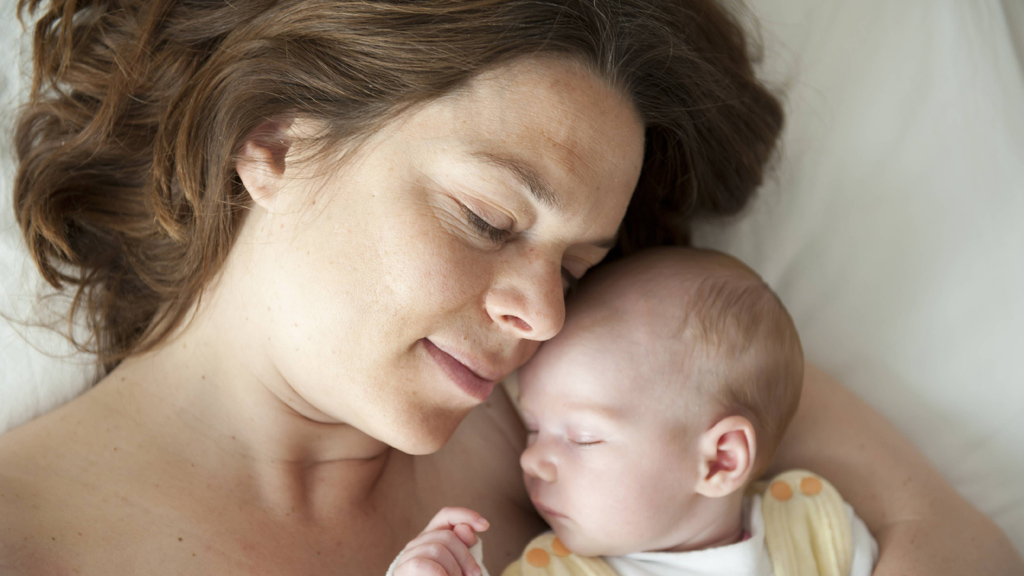Marred happiness: a case of post-partum depression
We don’t accept the severity of situations until we find ourselves in tough spots. Some of us remain silent while others seek help. I choose to write about it.
I didn’t expect it would happen to me, until it did. I’ve been struggling to cope up with post-partum depression (PPD) since the birth of my son last month. It’s been six weeks and it continues, with its severity ranging between low to sometimes traumatically high. I’ve had two breakdowns since childbirth. These uncontrolled emotions included smashing anything within my reach, screaming and crying. Counselling helps, but temporarily. Counselors stress that if someone has the solution to the problem, then it is the woman herself. So, I look for solutions every day.
According to a 2013 Association of Women’s Health, Obstetric and Neonatal Nurses study, Pakistan has the highest percentage of post-partum depression in Asia, with symptoms noticed in as many as 63 percent of the women. In India, PPD affects one in every five new mothers.
It’s heartbreaking to see that countries where such large numbers of women suffer from this severe psychological condition, the term “post-partum depression” remains alien to many. Even those from highly educated backgrounds ignore its symptoms in new mothers, including themselves, and thus fail to diagnose it.
What PPD?
Stop random people on the streets of Pakistan and ask them about PPD. I bet there is a one in a 100 chance that they wouldn’t know about it. Those who do, would call it a “western society illusion.” In fact, why even bother stopping strangers. Let each one of us ask our mothers and that is exactly what I did. A case of early marriage, my mother had me when she was 16 years old. I asked her how she had coped with PPD – a term she now says she was earlier unaware of.
I was surprised by her response.
“I didn’t even know such a condition existed. When I would feel low, I’d be told it was exhaustion. Living in a joint family system, I had no time for myself. There was work- too much work. Now I realize that the tears I had shed in the quiet nights after putting you to sleep or sometimes while you were latched to my breast, it was PPD and not that my body had given up.”
Lack of support
While I continue to fight PPD, I’ve been trying to evaluate what causes it in me. The conclusion: Loneliness and lack of support. I moved countries during pregnancy, leaving behind my family and friends who could have been a very strong support system during my transition into an independent, working woman to a full time first-time-mom. Husbands are supportive until your backache from childbirth lasts. My backache disappeared in two weeks. A point of relief and concern at the same time.
I feel lonely and miss my mother and my sister the most. I often ask myself, how it would be like to have one’s mother beside when experiencing motherhood for the first time. During night feeds, I often imagine myself sitting with my mom and sister, enjoying a chat over a cup of tea. I find some solace, until it’s time to wake up for the next feed. I’ve had a lonely pregnancy too. Thanks to Skype and Viber talks. They kept me going on and still do.
My body still feels the pain from being torn and stitched again, my senses stop working from the sleeplessness and untimed, quick and cold meals and my mind seems to be on the verge of breakdown when despite all measures my baby refuses to sleep as I struggle to keep my sleepily wobbly head upright. Amid this, I talk myself out of it. It’s a journey I travel every day from dawn to dusk.
And just when things seemed to be getting back to normal, a friend turned down my invite for coffee together saying she was leaving for her home country to meet her mother. That night I cried. I cried a lot while my baby was latched to my breast.
Author: Ayesha Hasan
Editor: Manasi Gopalakrishnan
Ayesha Hasan is a Pakistani journalist currently pursuing a PhD in Australia. She can be reached at: ayesha.hasan08@gmail.com.







